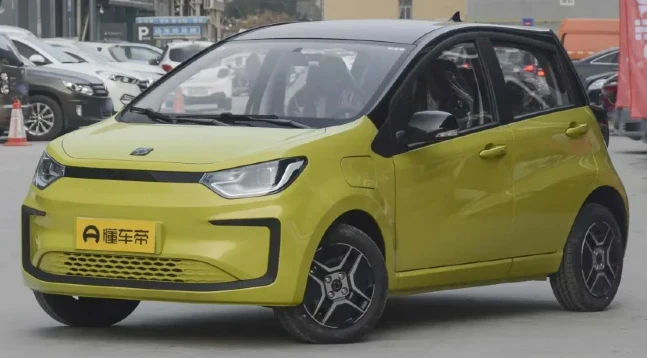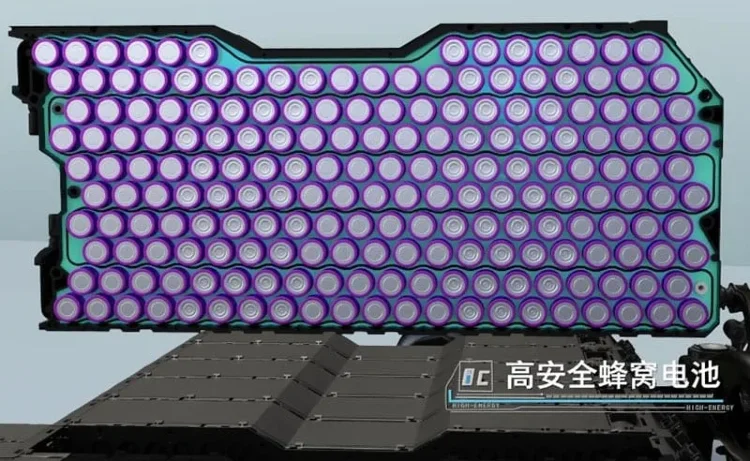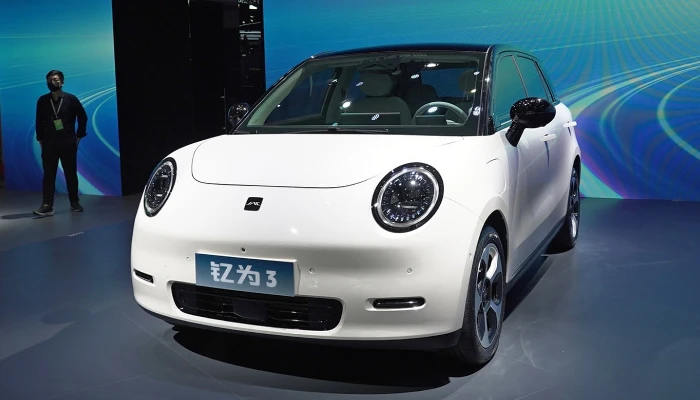In an exciting development for the electric vehicle (EV) industry, JAC Motors, a Chinese automaker with backing from Volkswagen, is poised to launch a groundbreaking EV through its newly established Yiwei brand. This isn’t just any electric car; it’s the first mass-produced EV powered by a sodium-ion battery, a significant departure from the conventional lithium-ion technology. Slated for delivery starting in January, this innovative vehicle marks a pivotal moment in EV technology.
Sodium-ion batteries, while less energy-dense than their lithium-ion counterparts, offer several advantages that could catalyze a shift in the EV market. They’re cheaper to produce, utilize more readily available materials, and perform better in cold weather. These attributes make them a potentially attractive option for accelerating the widespread adoption of electric vehicles.
JAC’s Yiwei brand, launched in 2023, is part of a unique partnership in the auto industry. Volkswagen holds a significant stake in JAC and a 50% share in JAC’s parent company, Anhui Jianghuai Automobile Group Holdings (JAG), with the Chinese government owning the other half of JAG.

The upcoming Yiwei EV appears to be a rebranded version of the Sehol E10X hatchback, a model initially announced earlier this year. The Sehol E10X, as reported by CarNewsChina, boasts a range of 252 km (157 miles) with a 25 kWh battery capacity and features an energy density of 120 Wh/kg. It supports rapid charging rates of 3C to 4C and utilizes HiNa NaCR32140 cells.
JAC’s move to rebrand under Yiwei was announced in May, indicating a strategic shift away from the Sehol label. While details about the new Yiwei EV’s nomenclature remain unclear, it’s likely to be closely aligned with the E10X model.
The EV’s battery technology, developed by HiNA Battery, involves cylindrical sodium-ion cells integrated into JAC’s unique modular UE (Unitized Encapsulation) honeycomb structure. This design mirrors the cell-to-pack (CTP) technology used by CATL and BYD’s Blade system, providing enhanced stability and performance.

Implications for the Industry, Consumers, and the Environment
This advancement in EV technology isn’t just a significant milestone for JAC Motors or the automotive industry; it has far-reaching implications for consumers and the environment.
For the Industry
The introduction of sodium-ion batteries in EVs represents a potential shift in the industry’s approach to power storage. With lower costs and the use of more abundant materials, manufacturers may find it easier and more sustainable to produce EVs on a larger scale. This could lead to increased competition and innovation, driving the industry forward.
For Consumers
The use of sodium-ion batteries could make EVs more accessible and affordable. Additionally, their superior performance in cold climates enhances the practicality and appeal of EVs in regions with harsh winters, broadening the market.
For the Environment
More To Discover
Sodium-ion batteries offer an environmentally friendlier alternative to lithium-ion batteries. They rely on more abundant and less environmentally damaging materials, reducing the ecological footprint of EV production. Moreover, the wider adoption of EVs, facilitated by these new batteries, aligns with global efforts to reduce carbon emissions and combat climate change.
In conclusion, the launch of the Yiwei EV with its sodium-ion battery is more than just a technological novelty; it’s a stride towards a more sustainable, accessible, and environmentally conscious automotive future. As we await its arrival on the roads in January, the anticipation underscores a growing recognition of the importance of sustainable innovation in the auto industry.



















